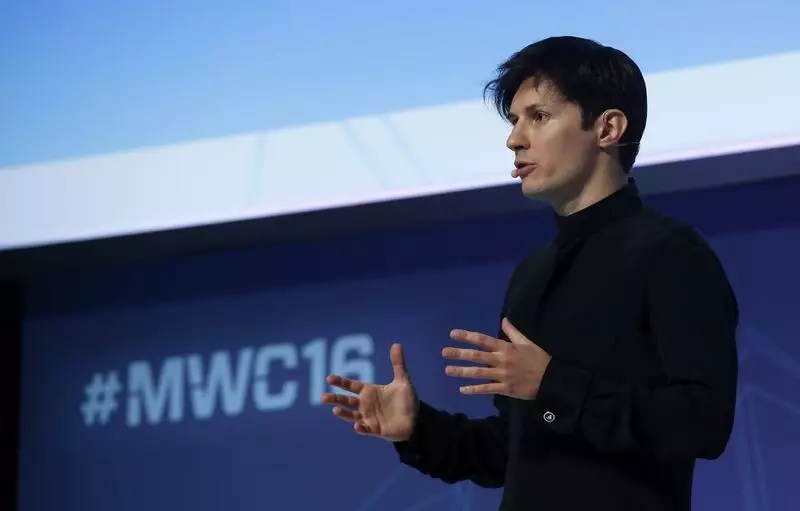Pavel Durov, the billionaire founder and CEO of the popular messaging app Telegram, was reportedly arrested at Bourget airport in Paris. This incident has sparked a wave of speculation and concern about the future of the app, which has gained significant traction in regions like Russia, Ukraine, and former Soviet Union republics. Durov, who founded Telegram and has overseen its growth into a major social media platform, has a turbulent history with the Russian government, which led to his departure from the country in 2014.
Reasons Behind the Arrest
According to reports from TF1 TV and BFM TV, Durov was targeted by an arrest warrant in France as part of a preliminary police investigation. The focus of the investigation was said to be on the alleged lack of moderators on Telegram, which authorities believe has allowed criminal activities to flourish on the messaging app. This development raises questions about the app’s governance and its responsibility in regulating content on its platform.
Telegram’s significance has grown immensely following the outbreak of the conflict between Russia and Ukraine in 2022. The app has become a key source of unfiltered information from both sides of the conflict, presenting a mix of graphic, misleading, and politically charged content. It has been integral to communication strategies for leaders like Ukraine’s President Volodymyr Zelenskiy, as well as for the Kremlin and Russian government to disseminate their narratives. For many Russians, it has become a primary source of news about the war.
In response to Durov’s arrest, his team did not immediately reach out to the Russian embassy in France. This lack of communication led to immediate efforts by Russian officials to clarify the situation. The Russian government’s representatives criticized France, accusing the country of acting as a dictatorship and implying that Durov’s arrest was politically motivated. The incident has highlighted the complexities of international relations and the challenges faced by tech leaders who operate across multiple jurisdictions.
The arrest of Pavel Durov and the subsequent investigation into Telegram’s operations underscore the growing scrutiny faced by social media platforms in managing their content. As Telegram aims to reach one billion users in the coming year, it will need to address concerns about the moderation of its platform and its role in facilitating criminal behavior. The incident also raises broader questions about the intersection of technology, politics, and freedom of expression in the digital age.
The arrest of Pavel Durov and the controversies surrounding Telegram serve as a stark reminder of the challenges faced by tech companies operating in a politically charged environment. As the app continues to grow in popularity and influence, it must navigate a delicate balance between upholding principles of free speech and preventing the misuse of its platform for harmful activities. The outcome of this incident will likely have far-reaching implications for the future of online communication and the responsibilities of social media companies in the global landscape.


Leave a Reply